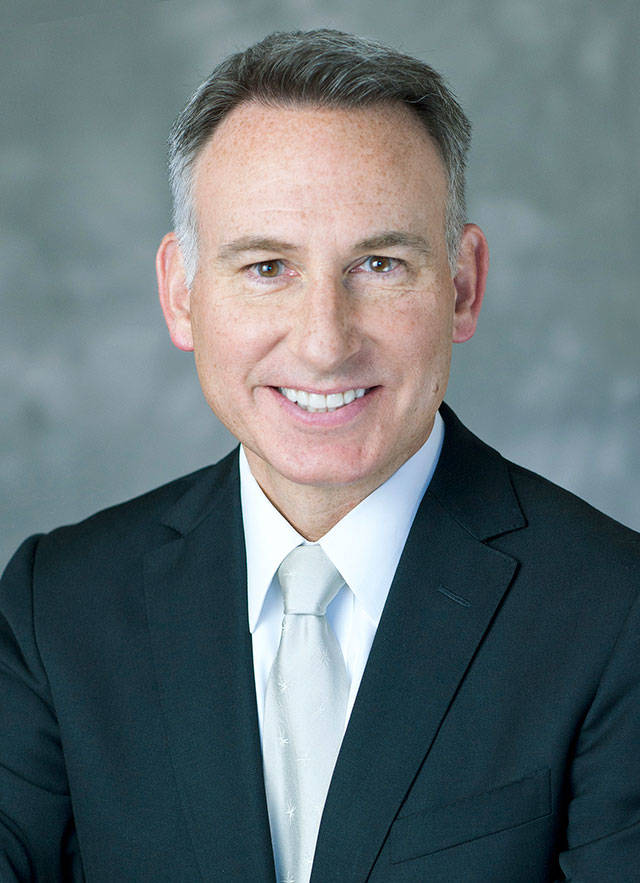Here’s what King County officials said about the 2017-2019 state biennial operating budget announced on Friday that funds education by raising taxes on property owners in many King County school districts, starting in 2021.
Media release from King County Executive Dow Constantine’s office:
Financial analysts in King County determined that the 2017-2019 biennial budget introduced in the Legislature adds billions of dollars to education, but largely at the expense of Puget Sound residents who will see large tax hikes but only limited increases in local school funding.
In fact, about 73 percent of the people in King County reside in a school district that will see a tax increase; 63 percent of King County residents will see a tax increase of $400 or more annually.
Estimated property tax impacts on median residential values by school district in 2021, when the whole proposal is in place:
Auburn: -$20/year for median residential property
Bellevue: +$830/year
Enumclaw: -$10/year
Federal Way: -$160/year
Issaquah: +$970/year
Kent: -$10/year
Lake Washington: +$790/year
Mercer Island: +$1,280/year
Renton: +$340/year
Seattle: +$550/year
Shoreline: +$460/year
Snoqualmie Valley: +$570/year
Vashon Island: +$630/year
While the Legislature had many potential revenue tools to fully fund education, lawmakers relied primarily on property taxes, which also fund local government services such as public health and criminal justice.
The Legislature lifted the 1 percent cap on property tax revenue growth for the state 2017-2019 budget, but kept the cap in place for local governments. The rate of inflation plus population growth alone is about 3.5 percent. That means local governments across Washington are slowly starved for resources, impacting such services as public health and safety.
“Great that they finally funded education. Concerned about the way they are doing it,” Constantine said. “Lawmakers had countless revenue options to consider. They chose to use property taxes, the primary funding source for critical local government services like public safety and public health. This will make it even harder for King County to provide vital services for a rapidly growing urban region.”
The state budget adds at least $2 million for Public Health Seattle – King County for the biennium, the first increase in state public health funding since 2007. Unfortunately, funding is insufficient to stabilize local public health and modernize local health delivery.
Chronic under-funding by the state means public health in King County is facing $10 million cuts in 2019-2020. The current level of investment leaves us unable to effectively respond to the onslaught of simultaneous communicable disease outbreaks including mumps, tuberculosis, measles, and others. King County is in the midst of a mumps outbreak, with 313 cases since 2016. Public Health investigated 48 cases of active tuberculosis and managed over 1,000 tests for Zika.
The Legislature made modest investments in youth homelessness, supportive housing and targeted behavioral health programs but it appears to under-fund the rate King County pays front-line community behavioral health workers.
“This budget only makes the housing affordability crisis worse in King County,” said King County Assessor John Wilson. “This is a massive tax shift onto the backs of our residents. It is well past time for a conversation about the structure and modernization of our tax system.”
Joe McDermott, King County Council Chair, said:
“Once again we see Olympia completely disconnected from local communities,” McDermott said. “While the Legislature is using King County as an ATM to fund schools throughout the state, they refuse to give King County the tools they use to save our own public safety and public health programs that they use for themselves. Our communities deserve better from the leadership in Olympia.”


